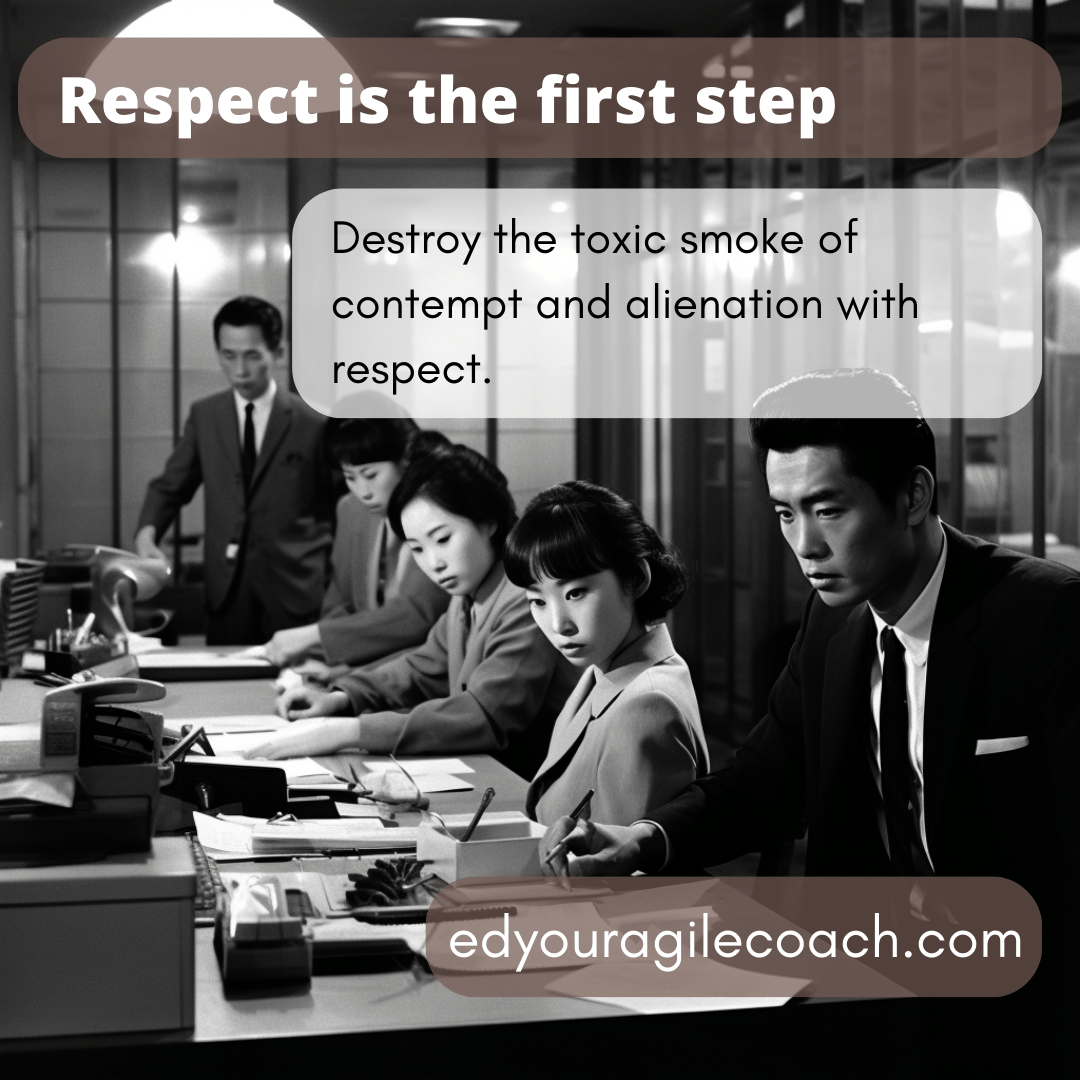The virtues of agile - openness

This is part three of five of our series of articles about the virtues of Agile. This week, we cover the topic of openness.
When I talk to business leaders about openness, I try to relate my experiences at my local YMCA as a metaphor. As I have gotten older, I, like so many of my peers, am trying to take better care of myself, which means trips to the “Y” for some exercise. It also means I sit in a hot tub and spend about a half hour in the sauna. It is in the sauna where we can learn a lesson about openness.
Each person in the sauna is naked or wearing a towel. Someone usually is reading a newspaper or magazine, someone else is chatting about the day’s events with a friend, and everyone mentions how warm it is in the sauna. What does not happen is violence. The reason is that there is no way to sneak a weapon into the sauna unless you are willing to do something extreme and uncomfortable. The worst thing that can happen in the sauna is you are embarrassed about your shape or have a tattoo or piercing you might regret. Everyone is forced to be a little open in the sauna.
An agile team and the organization should be like a sauna. The low, dry heat represents the pressure we face daily in business. Everyone should be willing to be metaphorically undressed when in the hothouse of business. This means agendas are out in the open for everyone to see. If someone does something embarrassing the others react to it with good-natured respect. If someone feels faint or passes out, they get help and assistance. In the sauna, we are all a bit naked and tired.
This means you can be completely open. Confidential information, like salaries and trade secrets, does not have to be discussed in the sauna if someone does not want to discuss it. Sometimes, data needs to be parceled out in small bites, which is also acceptable. Unacceptable is outright deceit or lying to have an advantage over others.
This is why openness is difficult to cultivate in an agile team. For years, developers and executives have been trained that “knowledge is power, ” so they tend to hoard information. In an open team, the rookie developer would know that the old hand on the team has not worked with LINQ statements over his career and might need help. The veteran may see the business and why a particular approach is being used to fix a problem and should share that with junior developers instead of having them hack away at code in the dark.
Openness begins with a scrum master who lets the team know what is going on each day in the stand-up and during the day. They help the developers stay focused by avoiding distractions and having them concentrate on sprint goals. They also have the good sense to look the other way when one of the team members metaphorically drops his towel and makes themselves vulnerable. I also make a point about joking about my lack of muscle tone to keep the team loose. Openness is about being safe within your skin and when exposed to the skin of others in the same situation. Without this virtue, team collaboration is partial because everyone will be concerned about agendas, possible threats to their career, and lack of safety.
Until next time.




Comments ()